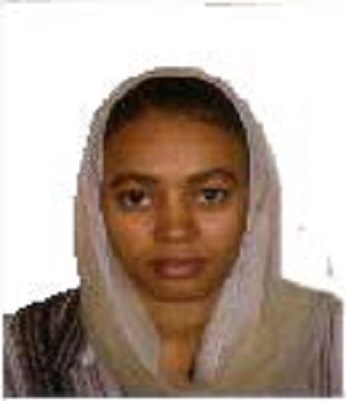Cache-Timing Attach against AES Crypto-Systems Countermeasure Using Weighted Average Making Time Algorithm

Abstract:
Information leaked from encryption systems during its implementation is known as side-channel information and can lead to side-channel attacks. Side-channel attacks can be carried out if an attacker has access to a cryptosystem (victim) or can interact with it remotely. A cache-timing attack is a special type of side-channel attack during which an attacker can extract sensitive information (encryption key or plaintext) by collecting and analysing the variances in encryption timing caused by a cache miss/hit.
The Advance Encryption Standard (AES) algorithm is a symmetric block cipher that provides a high level of confusion and diffusion, so it is considered, immune against many known mathematical analysis attacks. A cache-timing attack against AES was defined only theoretically until Bernstein (2005) carried out a real implementation. This attack can be prevented if a proper implementation is used—one that exploits bad implementation in software or hardware, rather than exploiting AES algebraic structure. Therefore, modifications in software and hardware have been proposed as countermeasures.
This paper reviews some software techniques that have been applied to prevent a cache-timing attack. Based on previous research, the Weighted Average Masking Time (WAMT) algorithm is proposed as a countermeasure which reduces time variances in the encryption time. WAMT forces each encryption process to take a pre-defined amount of time called mask time. This time is determined by measuring the time of the last n encryption processes, along with weight (w) that reduces effectiveness of odd-time values on the obtained mask-time value. This procedure is repeated to keep up with the changes that occur in the encryption-time average ratio due to changes in the implementation environment. Paper experiment employs a modified version of the OpenSSL software, which deploys an implementation of the AES and WAMT algorithm. After applying the cache-timing attack against this implementation, the authors observed that the mask time does not produce too many time variances that can make the attack possible on a feasible time.
AUTHORS

Department of Computer Science, Faculty of Mathematical Sciences, University of Khartoum,
Sudan
Settana Mohammed Abdullah received a second class BSc (honors) in computer science from the Department of Mathematical Sciences at the University of Khartoum, Sudan. She also earned a master’s degree in computer science at the University of Khartoum, where her master’s thesis focussed on network-intrusion detection systems. Her paper on password strength measurements, password entropy, and password quality was published in the 2013 Proceedings of the ICCEEE.

Department of Computer Science, Faculty of Mathematical Sciences, University of Khartoum,
Sudan
Naila Alhaj Saad Allah received her computer science second class BSc (honors) in 2013 from the Department of Mathematical Sciences at the University of Khartoum, Sudan, and her master’s degree from same university in 2015. The capstone project for her BSc focussed on a virtual doctor system, and her master’s thesis explored log-based intrusion detection.

Department of Computerization and Communication, The National Ribat University,
Sudan
Yaseen Hashim Yaseen Taha is a graduate of the National Ribat University, Sudan. He received his BSc (honors) in Computer Science (2012). In 2015, he earned a master’s degree from the University of Khartoum, Sudan. His master’s project used public key infrastructure to secure a mail system. His areas of interest include computer programming, web applications, secure coding, secure computation of outsourcing, cloud security, and homomorphic encryption.

Department of Computer Science, Faculty of Mathematical Sciences, University of Khartoum,
Sudan
Huwaida Tagelsir Elshoush received her BSc (1994) and MSc in Computer Science (2001), and PhD in Information Security (2012) from the University of Khartoum, Sudan. Her MSc dissertation dealt with Frame Relay Security. At present, she is an assistant professor in the Computer Science Department at the University of Khartoum.
Published In
Journal of Information Warfare
The definitive publication for the best and latest research and analysis on information warfare, information operations, and cyber crime. Available in traditional hard copy or online.
Quick Links
Archive

